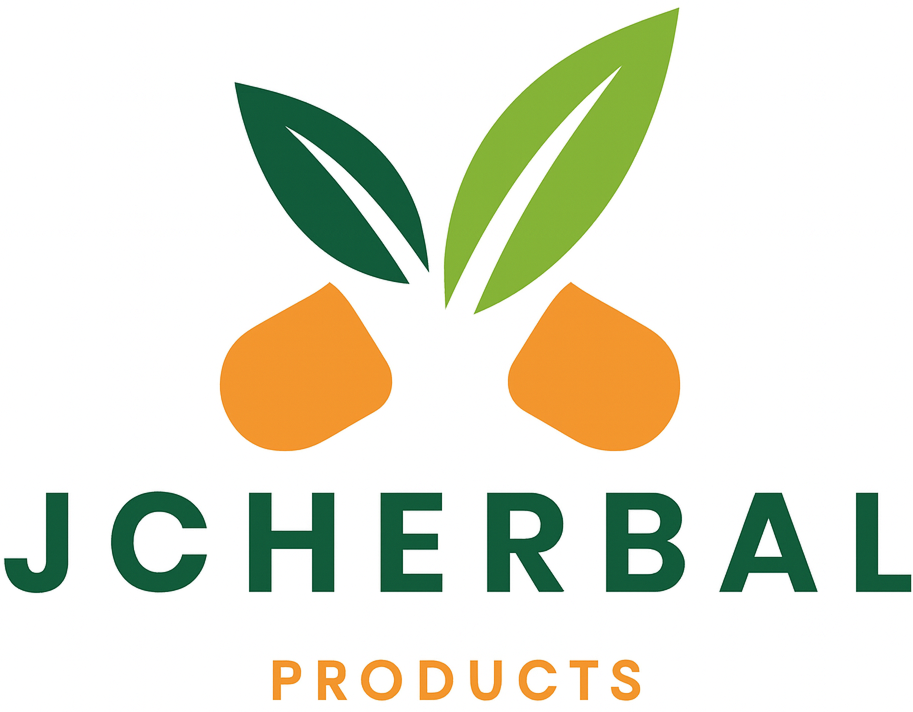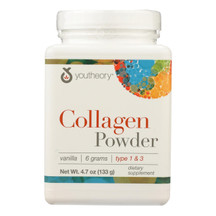Posted by Dr. Stephen Holt, M. D. on Dec 7th 2024
Beauty Lies Within the Body

When it comes to beauty, many turn to chemical cosmetics for a quick fix. But is inner health the true secret to a beautiful appearance? Read on to find out more.
Cosmetics, creams and other topical products are widely used by both men and women. However, medical literature estimates that many Americans have experienced side effects or adverse reactions from chemicals found in topical cosmetic products, and the long-term, potentially damaging effects of such substances are still widely unknown.
Many individuals incorrectly assume that the skin provides a totally effective barrier to toxins. This mistaken assumption ignores the massive absorptive capacity of the human skin. Some topical poisons are absorbed and stored in body fat where they cause abnormal body chemistry. Toxic chemicals can be absorbed readily through the skin and they can pass into the body with undetected consequences.
The skin is the largest organ of the body and its appearance is a reflection of inner health. The skin receives incomplete nourishment from substances applied externally, but can obtain nourishment from nutrients consumed orally. This is the concept of "beauty from within" rather than from outside the body.
The growth of the "cosmeceutical" (natural skin care) industry is based on the idea that many natural substances provide effective alternatives to the man-made chemicals found in popular cosmetics. At least 500 harmful ingredients are used in popular makeup, hair products and skin creams. The list of side effects of some artificial cosmetic ingredients is certainly troublesome, ranging from acne to cancer.
Anyone can "slap" cosmetics or other topical beauty aids on their skin and hair and get a temporary beneficial effect, but the long-term appearance of the skin, nails and hair is a complete reflection of inner health. And while cosmetics can hide imperfections, even natural products cannot completely overcome poor lifestyle habits such as smoking, sun worshipping and unhealthy diet, which are the enemies of beautiful skin. Fortunately, dermatologists, estheticians and cosmetologists are becoming increasingly focused on "inner beauty" supported by good nutrition and healthy lifestyle habits.
Antioxidant compounds have been added to many different topical products, but in reality, these nutrients are most effective when consumed orally as a dietary supplement. Dietary supplements that contain a complex combination of nutrients and botanicals can provide nutritional support for healthy skin, nail and hair structure and function. Effective formulations should contain innovative, scientifically proven ingredients, such as antioxidants, collagen-building substances, anti-wrinkling agents and connective-tissue-supporting substances such as hyaluronate.
There is an array of nutrients and natural botanicals that can work together to provide nutritional support for skin health, including: calcium (eggshell), horsetail, olive leaf, vitamin C, alpha lipoic acid, fish oil, DMAE, grape seed, green tea, lecithin, MSM, collagen, aloe vera, vitamin E and hyaluronate sodium.
The concept that the perception of beauty is governed by the body's inner health has been grossly underestimated in medical science throughout the years, but has recently begun to gain acceptance. Five years ago, I coined the term "beautyceuticals" to refer to the use of nutritional support to promote beauty.
When it comes to "beautyceuticals," there are several natural approaches, using herbs, botanicals and nutrients (like the ones I listed above), to support the structure and function of the skin. In addition to products that provide nourishment, there are also many products that help protect the skin from premature aging due to factors such as sunlight exposure. This particular concept is known as oral photoprotection. Experimental observations in animals and humans show the ability of the herb Polypodium leucotomas to protect the skin from sun damage.
The requirements for sun protection are clear, given the increasing incidence of skin cancer in the U.S. and its alarming increase in prevalence in certain countries such as Australia. However, protecting your skin from sunlight comes with a theoretical risk of diminished vitamin D synthesis, which occurs as a direct result of sunlight exposure. Dietary vitamin D supplementation is recommended by many nutritional experts and is a good addition to supplements that provide natural sun protection (oral photo protectants).
Other innovative approaches to promoting beauty through oral supplements include substances that will assist in renewal of collagen in the skin (e.g., hyaluronic acid), potent oral antioxidants, multivitamins, minerals, mixed anti-aging formulae and nutrients to help with occasional blemishes. It is surprising that few effective natural supplements have been proposed for the management of common acne, but soy isoflavones (which help balance hormones) and natural anti-inflammatory substances such as Boswellia serrata, guggulsterones and curcuminoids, may help.
When it comes to outer beauty, too much emphasis is placed on topical approaches, at the expense of considerations of inner health. As technology, science and nutrition continue to evolve, the concept of "beauty from within" will become better understood and increasingly relevant.
Be Healthy!
Dr. Stephen Holt, M.D.

